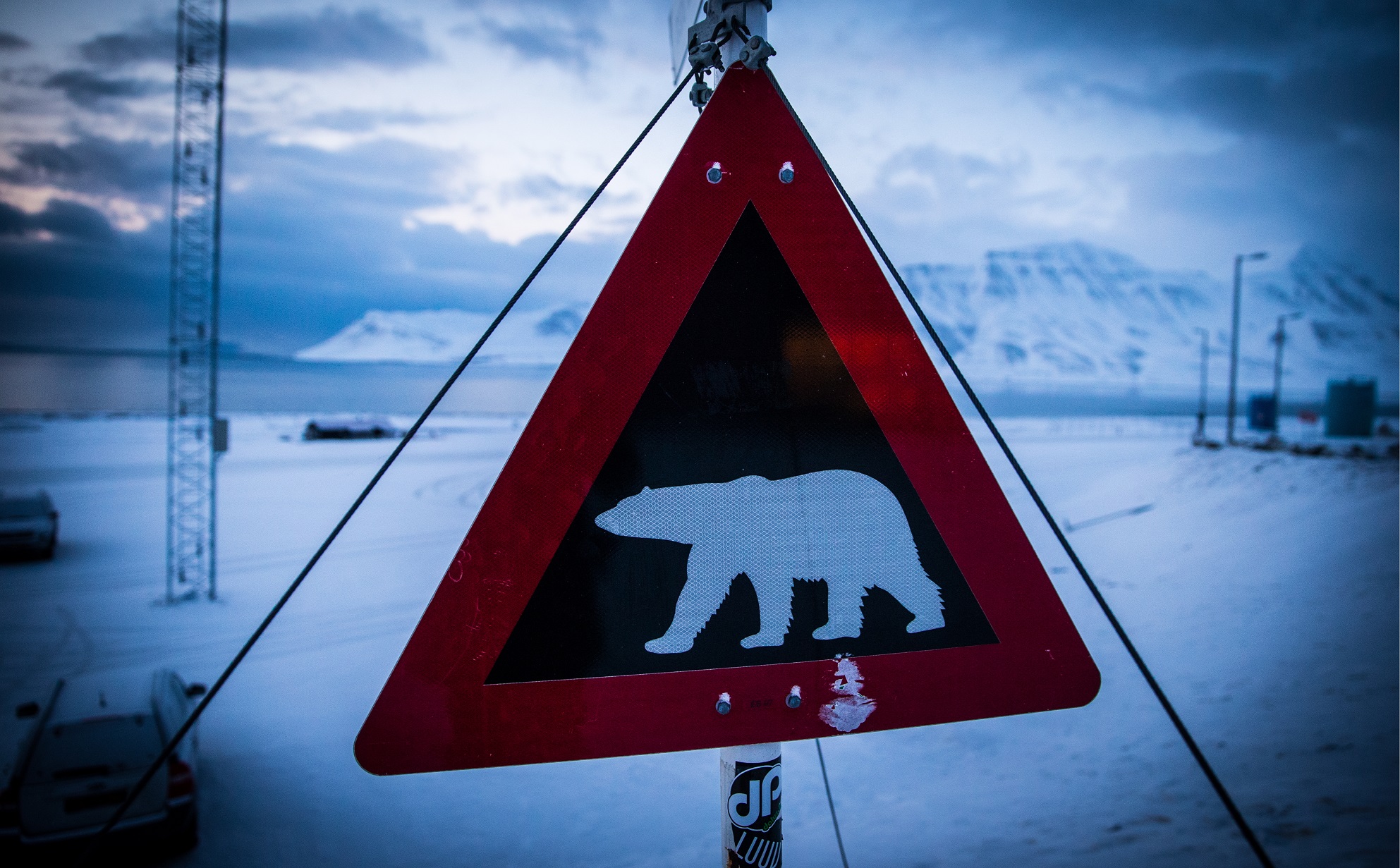ID :
447236
Thu, 05/11/2017 - 10:44
Auther :
Shortlink :
https://www.oananews.org//node/447236
The shortlink copeid
Arctic Council foreign ministers to discuss issues of cooperation in Arctic region

FAIRBANKS /Alaska, The United States/, May 11. /TASS/. Foreign ministers from the member countries of the Arctic Council, namely Denmark, Iceland, Canada, Norway, Russia, the United States, Finland and Sweden, and representatives of the indigenous people of the North will hold a meeting in Alaska’s Fairbanks on Thursday.
Russian Foreign Minister Sergey Lavrov will arrive in Fairbanks from Washington, where he had talks with US President Donald Trump and Secretary of State Rex Tillerson on Wednesday.
Such ministerial meeting are held twice a year. At this meeting, the United States will pass over two-year chairmanship in the Council to Finland, which is expected to present key provisions of its program of actions in 2017-2019.
According to Ambassador David Balton, who represents the United States in the Arctic Council, the ministers will sign a Fairbanks Declaration summing up the results of the United States’ two-year chairmanship and outlining further goals.
Apart from that, participants in the forum will sign the Agreement on Enhancing International Arctic Scientific Cooperation that is geared to regulate such issues as simplified access for scientists to research centers in the Arctic, supplies of research equipment and materials, training of young scientists and scientific exchanges.
A special group on the development of telecommunications in the Arctic region will present a report on the current state of communications systems in the Artic and prospects for their further development.
The working group on pollution prevention in the Arctic will discuss issues of the organization of environmental monitoring. The group on sustainable development will discuss problems of healthcare services to the Arctic indigenous peoples, and the group on Arctic flora and fauna will present a report on aquatic biodiversity. The emergencies working group will speak about standardization as an instrument to prevent oil spills in the Arctic.
"Russia considers the Arctic as a territory of dialogue and cooperation and is set to resolutely rebuff any attempts to bring nervousness and the policy of confrontation to that region," the Russian foreign ministry said ahead of Lavrov’s visit to Alaska. "There are no unresolvable contradictions in the region. Neither are there issues that require military solutions," the ministry said.
Not a single Arctic project is possible without international cooperation, Ivan Timofeyev, director of programs of the Russian Council on International Affairs and the Valdai international discussion club development and support fund, told TASS. "It is often said that the Arctic is rich in natural resources - oil and gas - and it is actually so. But the Arctic has very severe climatic conditions. Production of resources and their transportation are very expensive, so they require international cooperation, financial and technological support," he said.
"Classical logic, when someone grabs something and tries to get a piece of it, doesn’t work" in the Arctic, he said. "The conditions require us to work together."
Set up in 1996, the Arctic Council is an intergovernmental forum of the Arctic nations. Its members are Russia, Canada, Denmark (including Greenland and the Faroe Islands), Finland, Iceland, Norway, Sweden, and the United States. The Council serves as a major discussion platform for international cooperation in the Arctic.
Read more





